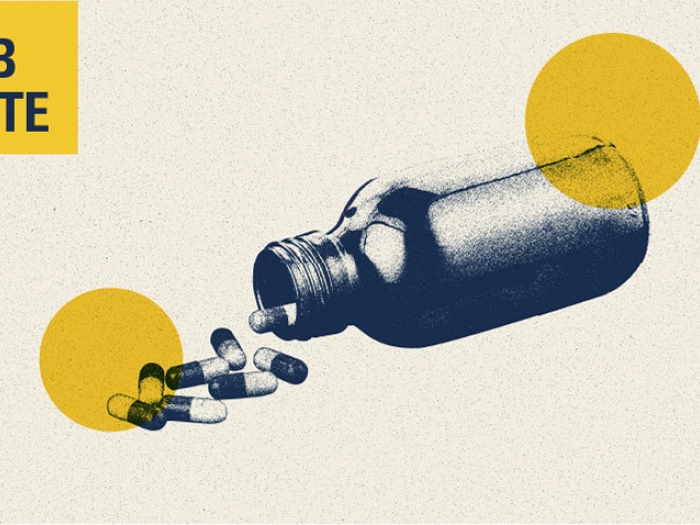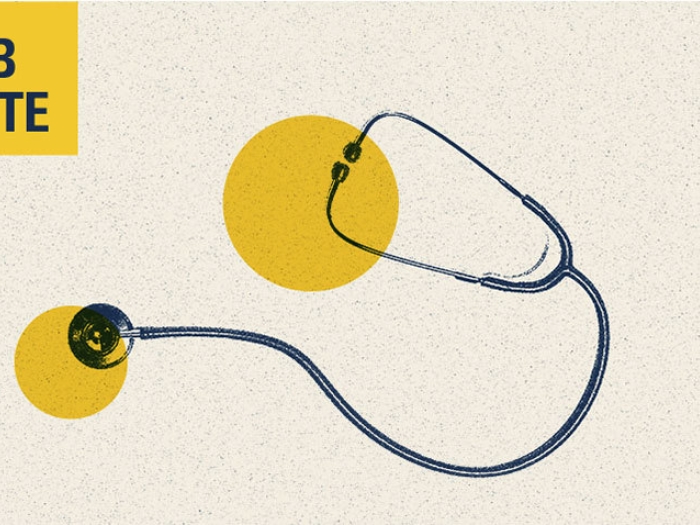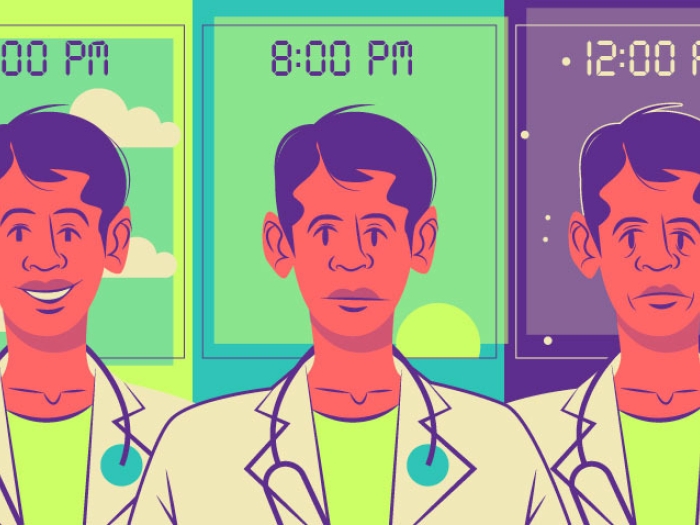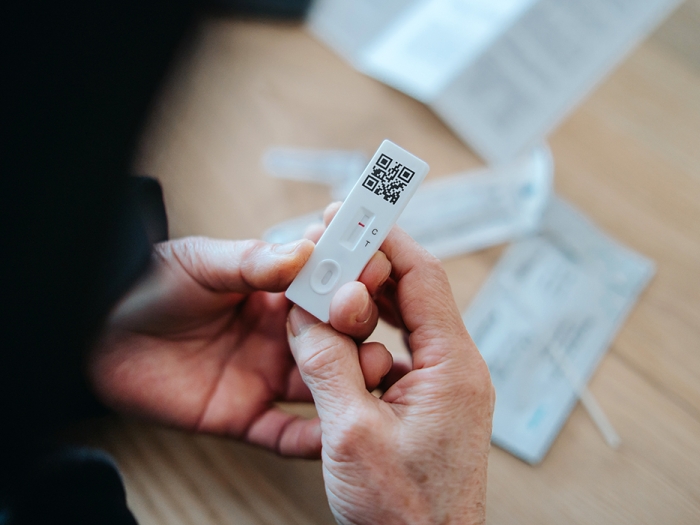Research and Policy Media Relations Manager
Gavin draws on more than 25 years of experience in communicating about science, medicine and health policy. She focuses mainly on the health services research done by members of the U-M Institute for Healthcare Policy and Innovation, who work to understand and improve the safety, quality, equity and affordability of health care. As part of the Michigan Medicine communication team, she has lead responsibility for primary care and mental health topics. Contact: [email protected]; Twitter: @Karag


Health Lab
Medical debt in collections and bankruptcy much higher in working-age adults after hospitalization for traumatic injury, suggesting need for strategies to reduce financial burden.

Health Lab
Reoperations, readmissions, surgery complications and emergency visits highest among surgery patients with risky drinking and smoking, but raising awareness of alcohol related surgery risk can reduce use.

Health Lab
Health providers could help by discussing the topic with patients, analysis of National Poll on Healthy Aging data suggests.

Health Lab
Managers should involve clinicians in efforts to cut back on unneeded or unproven tasks, team says.

Health Lab
A poll shows how many members of the ‘sandwich generation’ of people in their 50s, 60s and beyond act as a crucial source of health-related caregiving and household help for older Americans.

Health Lab
Changes to health plan costs and coverage from healthcare.gov, the impact of the Inflation Reduction Act, and the likely end of the public health emergency in 2023, make this an important Open Enrollment season.

Health Lab
Brain connection study shows that socioeconomic factors, including at-home enrichment, are associated with widespread differences in children’s brain connections.

Health Lab
Depression and high numbers of duty hours worked by first-year doctors, called interns, are linked closely, with higher PHQ-9 screening scores among those working the most hours.

Health Lab
Direct-to-consumer home-based tests for infections, cancer, genetic traits and more are widely available but regulation, authorization or approval by FDA is not always clear.

Health Lab
Veterans receiving buprenorphine were more likely to stay on it if they had virtual visits, but phone-based virtual care was especially prominent among those who are Black or lack stable housing.

Health Lab
Full emergency rooms, made worse by hospital staffing shortages, have led more patients to leave without being seen or to wait for hours in the emergency department for a hospital bed

Health Lab
More injuries and deaths from firearms, including guns and rifles, could be prevented if parents and others took steps to lock weapons up, report problem behavior and teach children safety

Health Lab
High blood pressure means faster slide into signs of dementia or Alzheimer’s, but does not explain the overall disparity between Hispanic/Latino people and non-Hispanic people in dementia risk.
News Release
Firearms are now the leading cause of death for children, according to a University of Michigan study.

Health Lab
People over 50 are being hit hard by food cost inflation, but those in poor physical or mental health, and those with low incomes and less education, are being hit hardest.